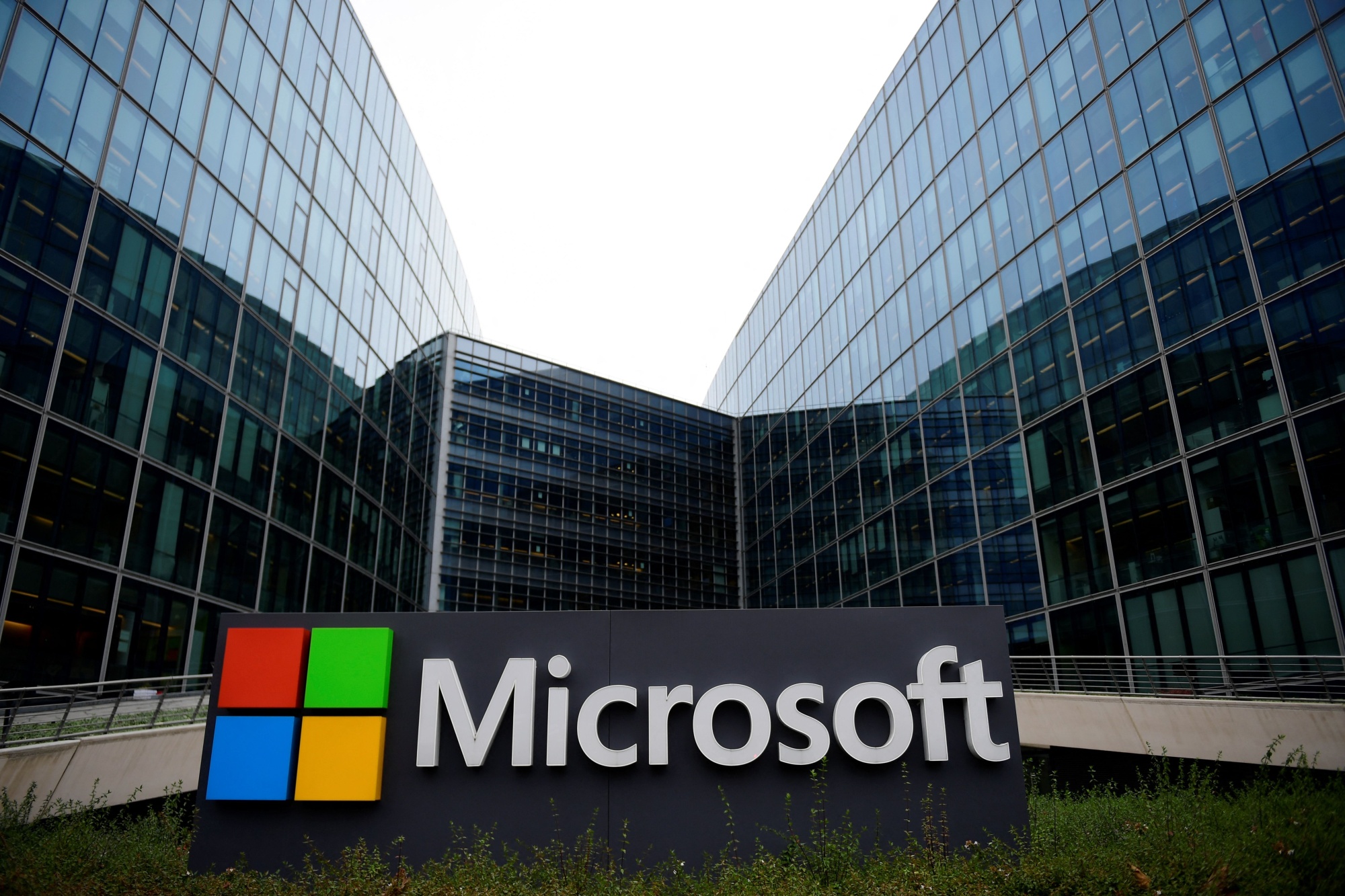As industries increasingly adopt artificial intelligence (AI), there’s growing concern about employee burnout among those working in AI and those interacting with AI systems in their daily tasks. This article explores how businesses are addressing this issue and what future workplace trends we might expect.
The AI-Employee Alliance
A significant trend in 2024 is the rise of the “AI-Employee Alliance,” as companies like Microsoft integrate AI to handle administrative, analytical, and creative tasks, aiming to alleviate workload pressures from human employees. According to Microsoft’s Work Trends Index, a majority of employees are comfortable delegating significant portions of their work to AI, viewing these tools as allies in the battle against burnout.
Workplace Trends and Employee Well-being
Changes in workplace models are also impacting employee well-being. The adoption of four-day workweeks and hybrid models are becoming more prevalent, driven by the need for better work-life balance and enhanced job satisfaction. Studies show that these models not only reduce burnout but also improve productivity and employee engagement.
The Role of Digital Transformation
Digital transformation continues to reshape the workplace, automating routine tasks and requiring new skills from employees. While this shift promises increased efficiency, it also brings challenges, such as the need for continual learning and adaptation. Businesses are therefore focusing on upskilling and reskilling initiatives to keep pace with technological advancements.
Challenges in AI Ethics and Governance
However, the rapid pace of AI development can lead to ethical dilemmas and increased pressure on those responsible for implementing and overseeing these technologies. The tech community is experiencing a significant strain as they balance innovation with ethical considerations, often leading to burnout among professionals in the field.
Regulatory Impact on AI Employment
Regulatory frameworks are also catching up, with regions like the EU and the US introducing laws to ensure responsible AI deployment. This regulatory environment is forcing companies to invest more in ethical AI practices, which adds another layer of complexity and potential stress for those involved in AI development.
The integration of AI in the workplace holds great promise for reducing employee burnout, but it also introduces new challenges that need careful management. As companies navigate these waters, the focus will likely remain on creating a balanced environment where technology enhances work without overwhelming the workforce. As we move forward, the continuous adaptation and responsible management of AI will be key to maintaining a healthy, productive workforce.










Add Comment